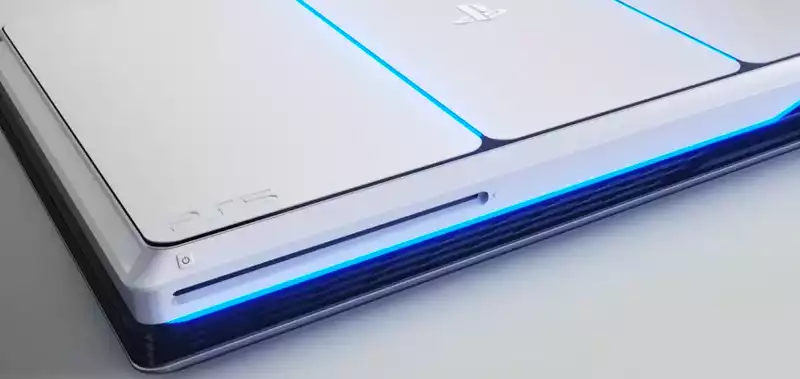While Microsoft has been quite bullish that the Xbox Series X will be able to play Xbox One titles alongside many of its 360 and original Xbox games, Sony has been a bit more cautious about the PS5. The company has so far only stated that it believes "the overwhelming majority of the more than 4,000 PS4 titles will be playable on the PS5," which sounds good, but not very reassuring if your personal favorite throws a tantrum when you insert the disc.
Perhaps recognizing this as a potential weakness, the company seems to be making one last big push to close the gap: according to private guidance for game developers confirmed by Eurogamer, after July 13, PS4 titles submitted for certification must also be compatible with PS5 hardware.
Because the term "compatibility" can be ambiguous, Sony has provided additional documentation explaining its definition. In essence, this means that titles submitted after July 13 must not only run without issue on the PS5, but must offer the exact same functionality as the previous generation console. In other words, if the multiplayer does not work, the developer cannot flag the game as compatible.
To be clear, the date a game is submitted for certification is not the same as its release date. So, for example, a title like "Ghost of Tshushima" would not meet this requirement, even though it was released five days after the certification deadline. (If that particular title didn't work, it would be quite surprising given that it is a PS4 exclusive title published by Sony, but you get the point.)
For games submitted after this date, the developer guidelines state that future patches must also remain compatible with the PS5. Sony is not forcing developers to add PS5 compatibility to developer patches certified by this date - perhaps only encouraging them not to fix bugs - but adding support for the new console is "strongly encouraged."
At this point in the PS4's lifecycle, it is questionable how much difference this will actually make. Even with this change, the PS5's backward compatibility is still behind the Xbox Series X, which not only fully supports Xbox One titles, but also some 360 and original Xbox games. On top of that, Microsoft boasts that performance could also be improved, with frame rates of up to 120 fps and the addition of HDR for games released before the acronym made sense.
Still, for most gamers, backward compatibility is a "nice to have" feature rather than a selling point for the system. The chip was eventually removed and replaced with software emulation to keep costs down, but as the console struggled to keep up with the Xbox 360's massive success, it too was eventually abandoned.










Comments